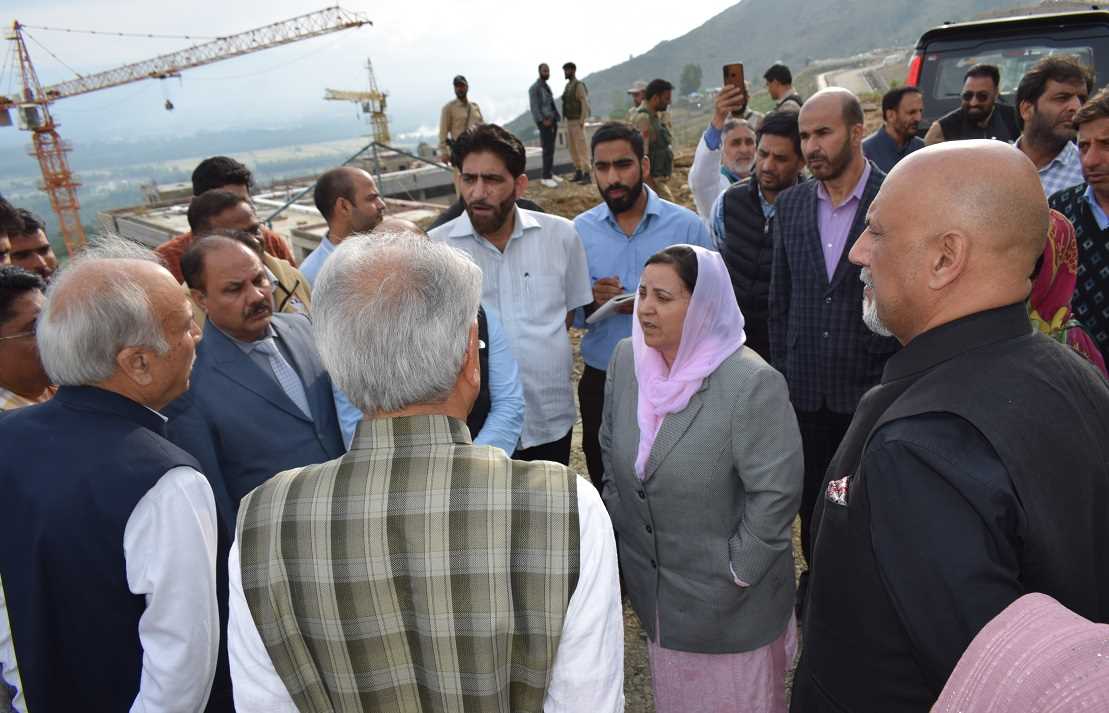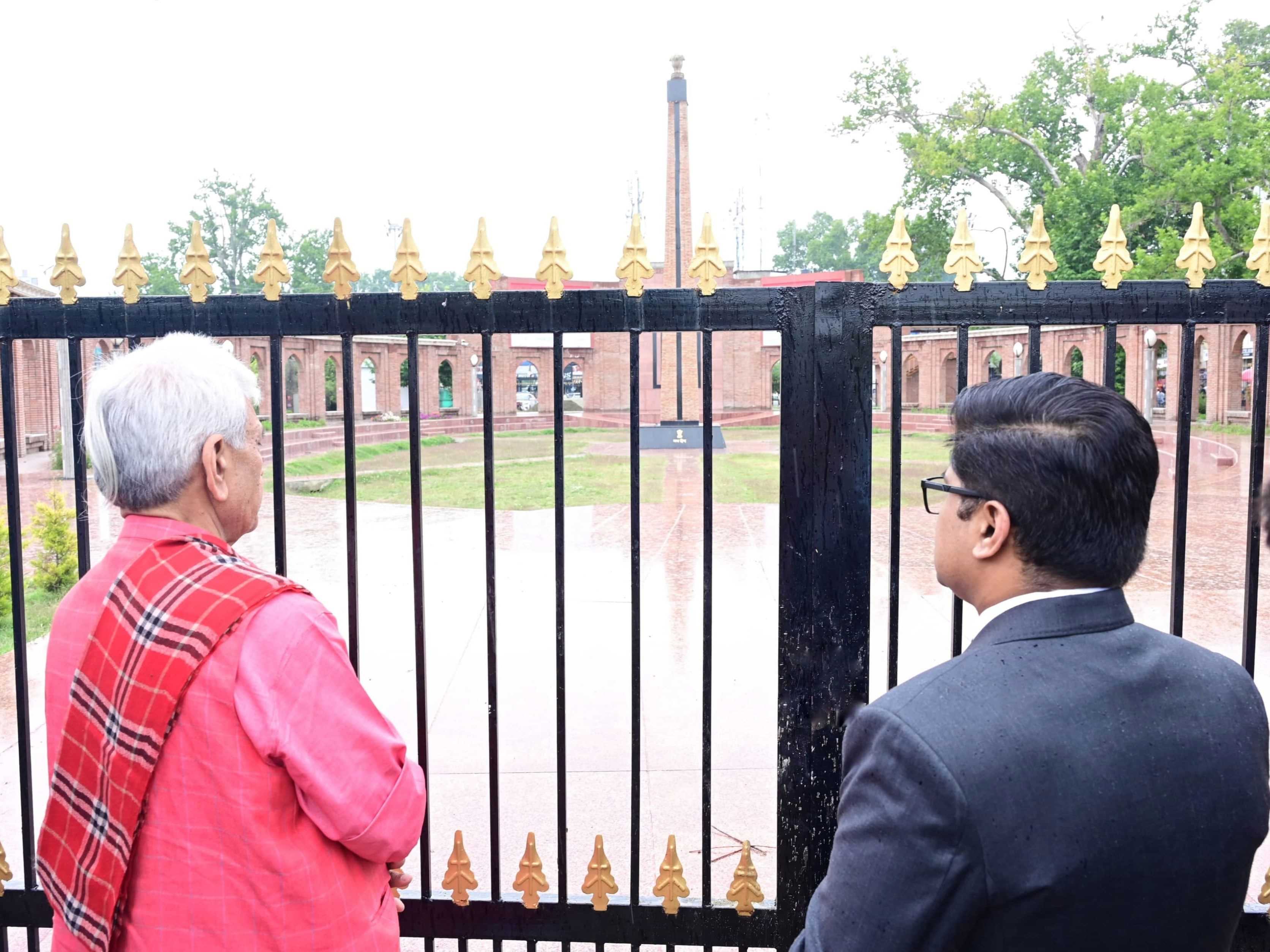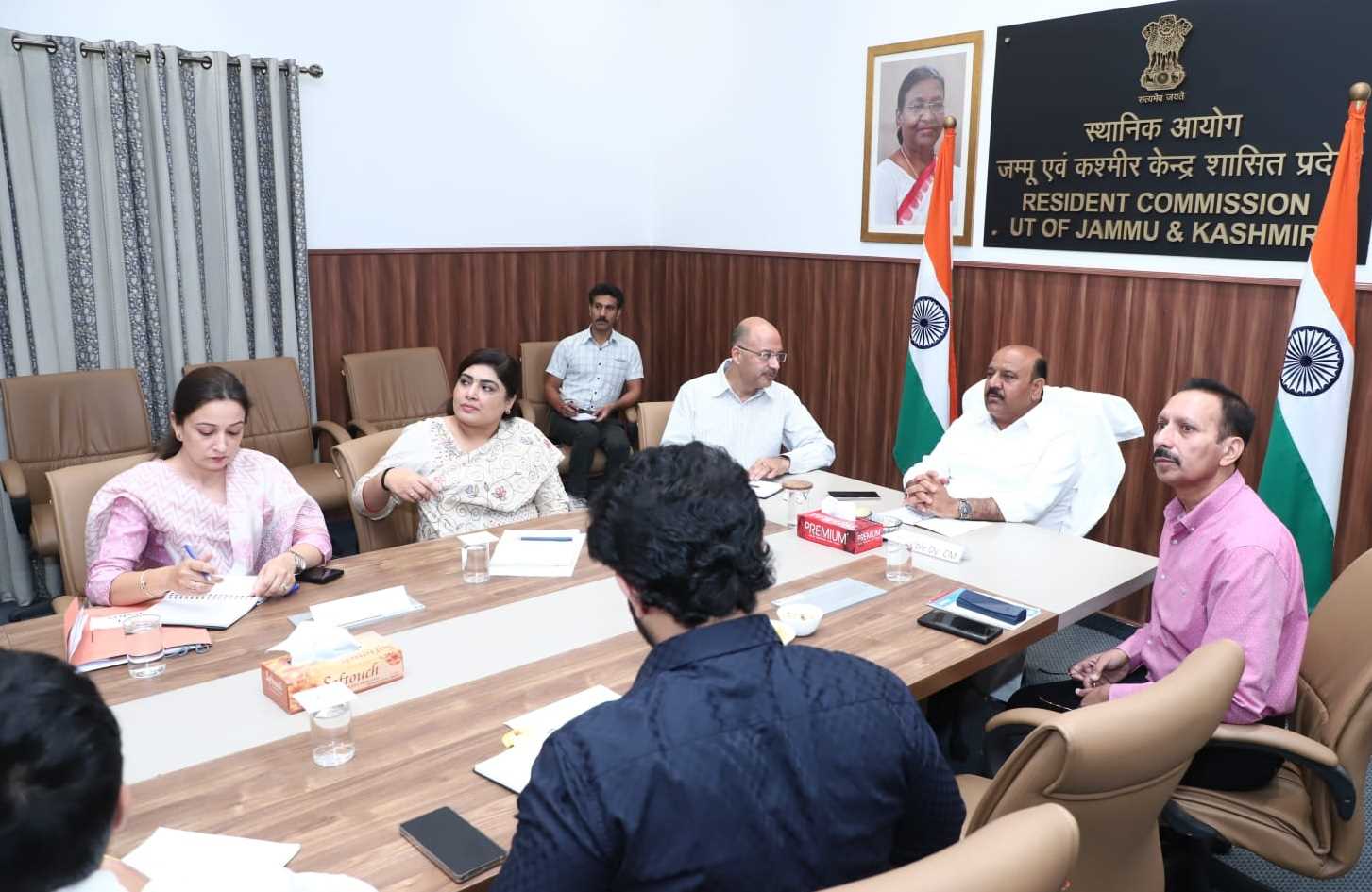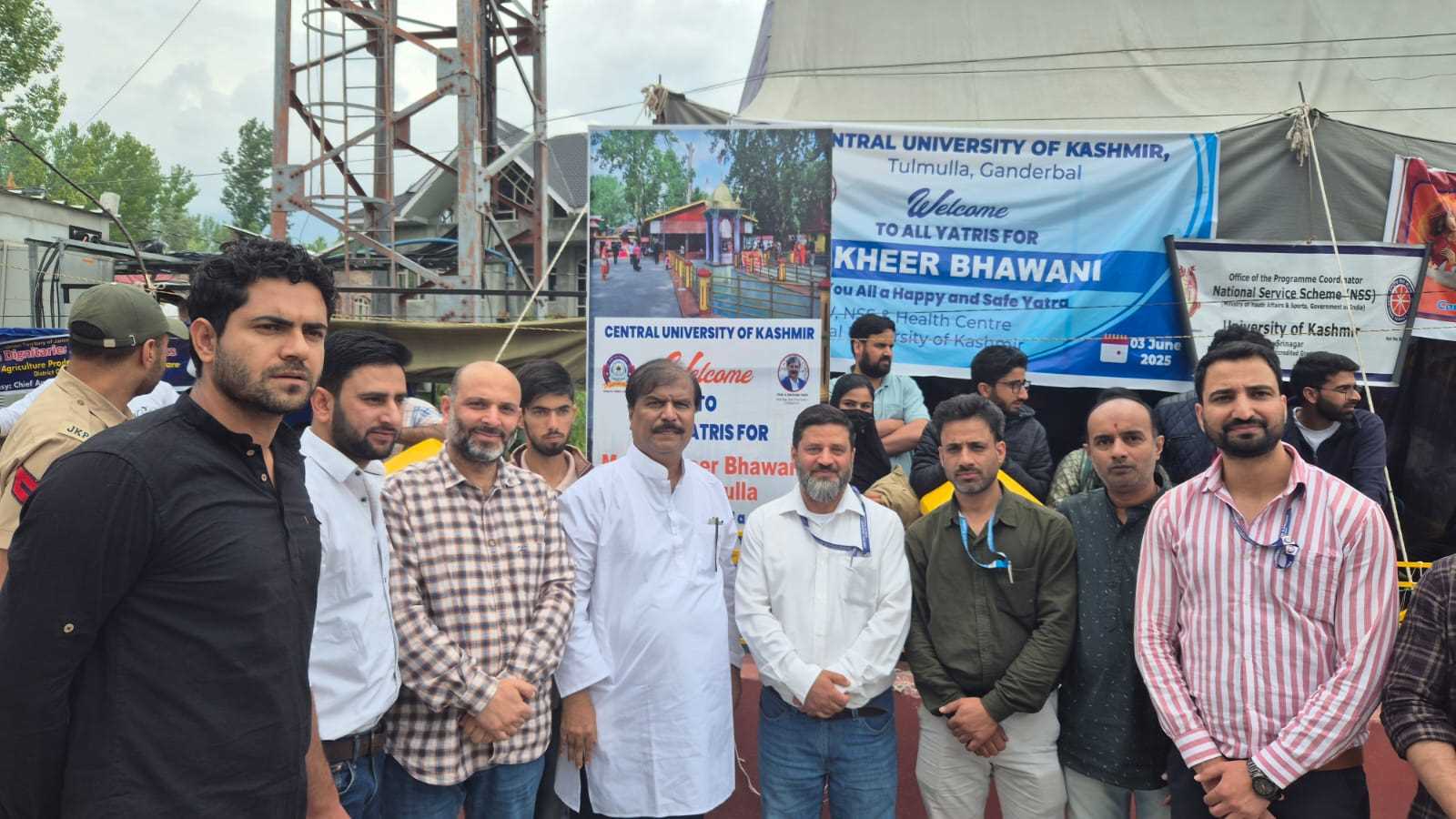Every year on 14th November, India comes together to celebrate Children’s Day, honoring the birth anniversary of Pandit Jawaharlal Nehru, the first Prime Minister of India, who had a special affection for children. This day is not just about festivities, games, and gifts; it’s an opportunity for us to reflect on our vital role in shaping the lives of our youngest generation. Children’s Day should inspire us to focus on nurturing their growth and development through love, education, and guidance. Instead of limiting our celebrations to material pleasures, let’s commit to fostering an environment where children can learn, thrive, and reach their full potential.
Fostering Intellectual and Emotional Growth
Our children represent the future, and how we guide and educate them today will define the society they create tomorrow. Schools, parents, and communities must use this occasion to emphasize not only joy and entertainment but also the cultivation of intellectual curiosity, moral values, and social responsibility in children. Rather than focusing on gift-giving, educational institutions can organize quizzes, storytelling sessions, and workshops that encourage creativity and leadership. These activities will help children develop a sense of purpose and a lifelong love for learning.
Promoting Holistic Development and Well-being
In addition to intellectual stimulation, it is vital to address the mental and physical health of children. Schools can arrange sports events, health check-ups, and mental health workshops to promote a balanced approach to their development. Encouraging teamwork, resilience, and self-care will prepare children to handle challenges both in and out of the classroom, fostering their overall well-being.
Islamic Teachings on Childcare and Nurturing
Islamic teachings place great emphasis on the care, education, and moral development of children, considering them a divine trust (Amanah) given to parents and society. The Qur'an, in Surah At-Tahrim (66:6), instructs believers to "protect yourselves and your families from a Fire," a reminder of the spiritual responsibility to guide children in the right direction. Parents are encouraged to raise their children with compassion, fairness, and wisdom. The Prophet Muhammad (SAW) frequently showed deep love and kindness toward children, stressing that they are a blessing and must be treated with tenderness and respect. Prophet Muhammad (SAW) emphasized the importance of teaching children good manners, discipline, and a sense of responsibility. He said, "No father has given a gift to his children more excellent than good manners" (Tirmidhi). This highlights that nurturing a child's character is more valuable than material gifts. Islam encourages parents to be role models for their children, ensuring that they grow up in a supportive and morally sound environment. Furthermore, the Prophet (SAW) advised parents to show equal affection to all their children, reinforcing the importance of fairness and justice in family life. Islamic tradition also emphasizes early education, with the Prophet (SAW) stating, "Seek knowledge from the cradle to the grave." This underscores the necessity of providing children with both worldly and spiritual education from a young age. By instilling strong moral values, ethical behavior, and knowledge of their faith, parents and teachers can ensure that children are well-prepared to face life's challenges and contribute positively to society. In essence, Islamic teachings advocate for a balanced upbringing that nurtures a child's physical, intellectual, and spiritual growth. By following these principles, we can raise a generation of compassionate, responsible, and knowledgeable individuals who will carry forward the values of justice, empathy, and integrity.
A Universal Call for Building a Better Future
While Islamic teachings provide a foundation for nurturing children, the broader message of Children’s Day resonates with people of all faiths and backgrounds. It calls for society to unite in prioritizing the holistic development of children, ensuring they are equipped with the knowledge, values, and empathy needed to build a better future. By celebrating the day with meaningful activities that promote education, social responsibility, and environmental awareness, we not only honor children but also invest in the future of our society.
Conclusion: A Commitment to Children’s Well-being
Children’s Day is more than a celebration—it is a reminder of the important role we all play in shaping the next generation. As we celebrate this year, let us focus on giving our children the gift of opportunity, care, and guidance. Through education, moral nurturing, and support, we can help them build a compassionate, knowledgeable, and just world, ensuring a brighter tomorrow for all.
Email:---------------- anayatbinnazir@gmail.com











